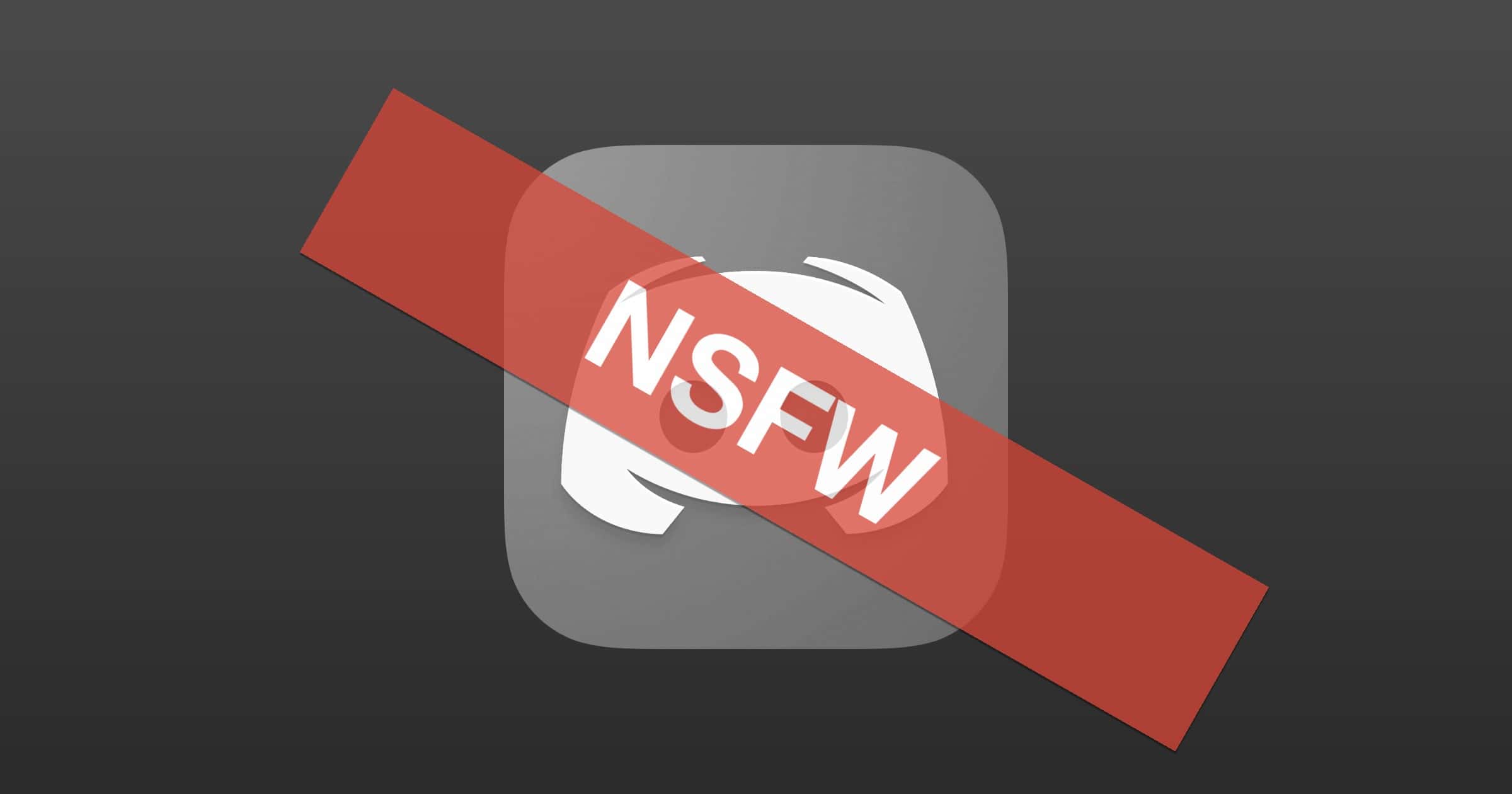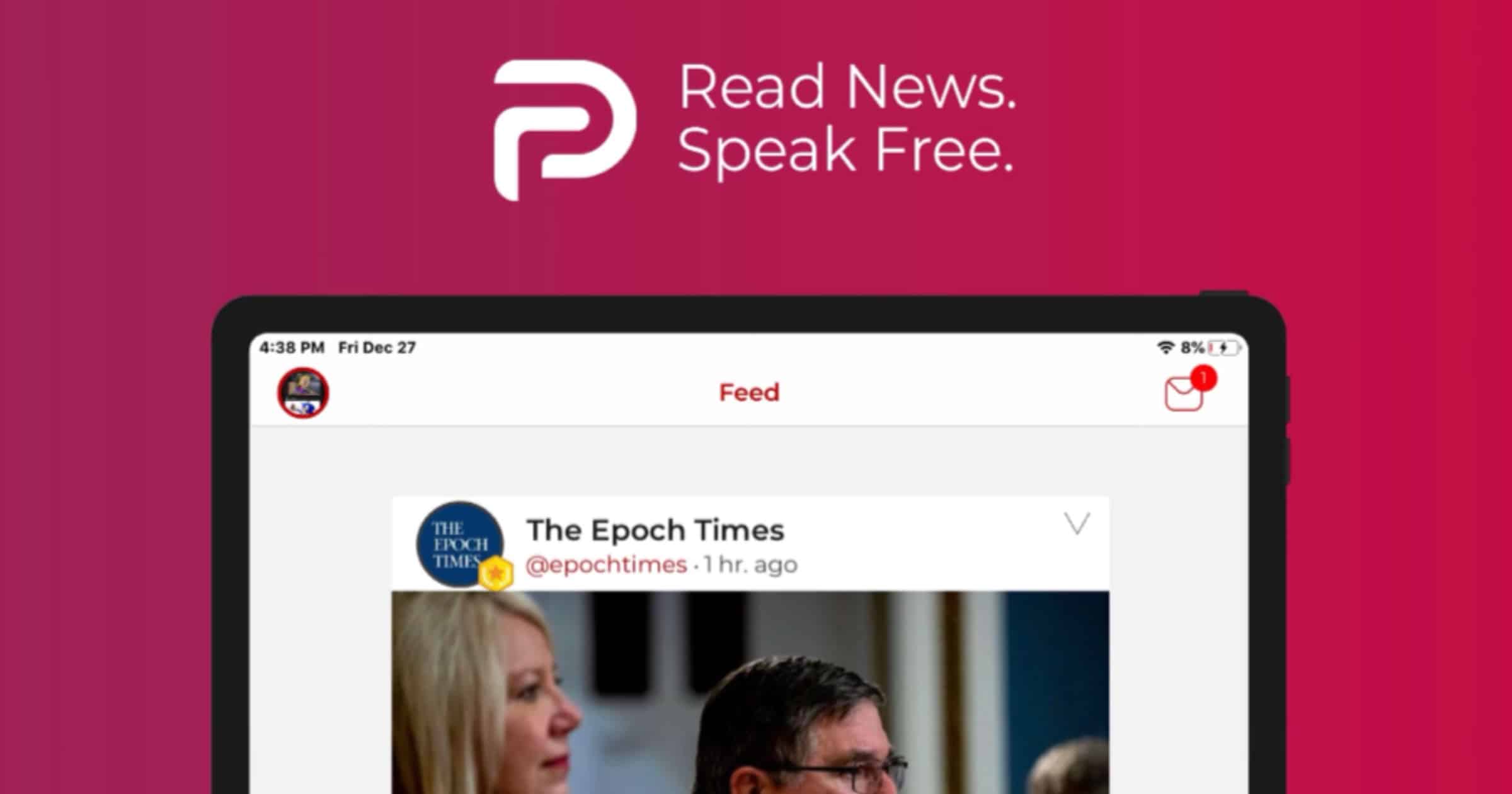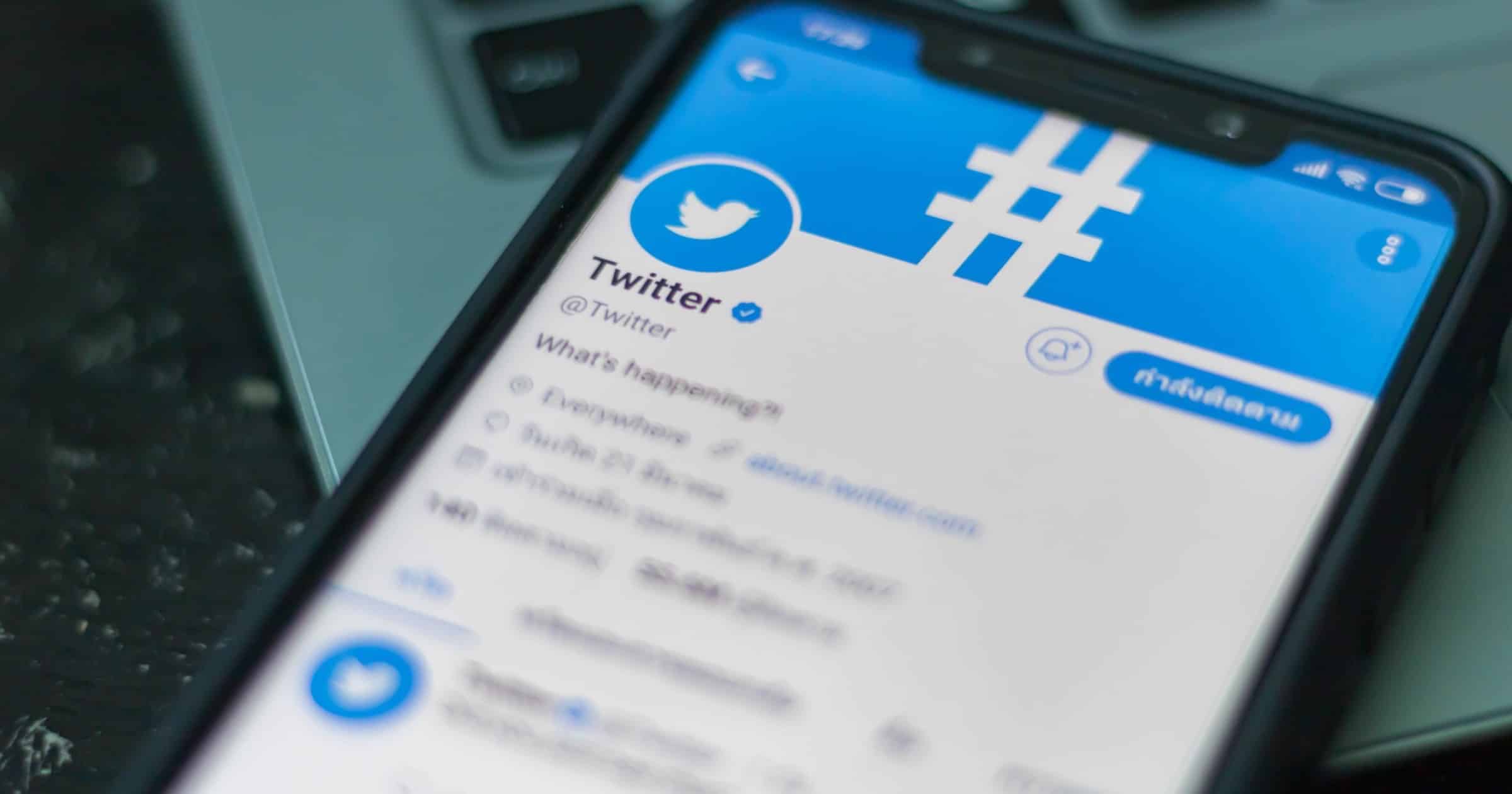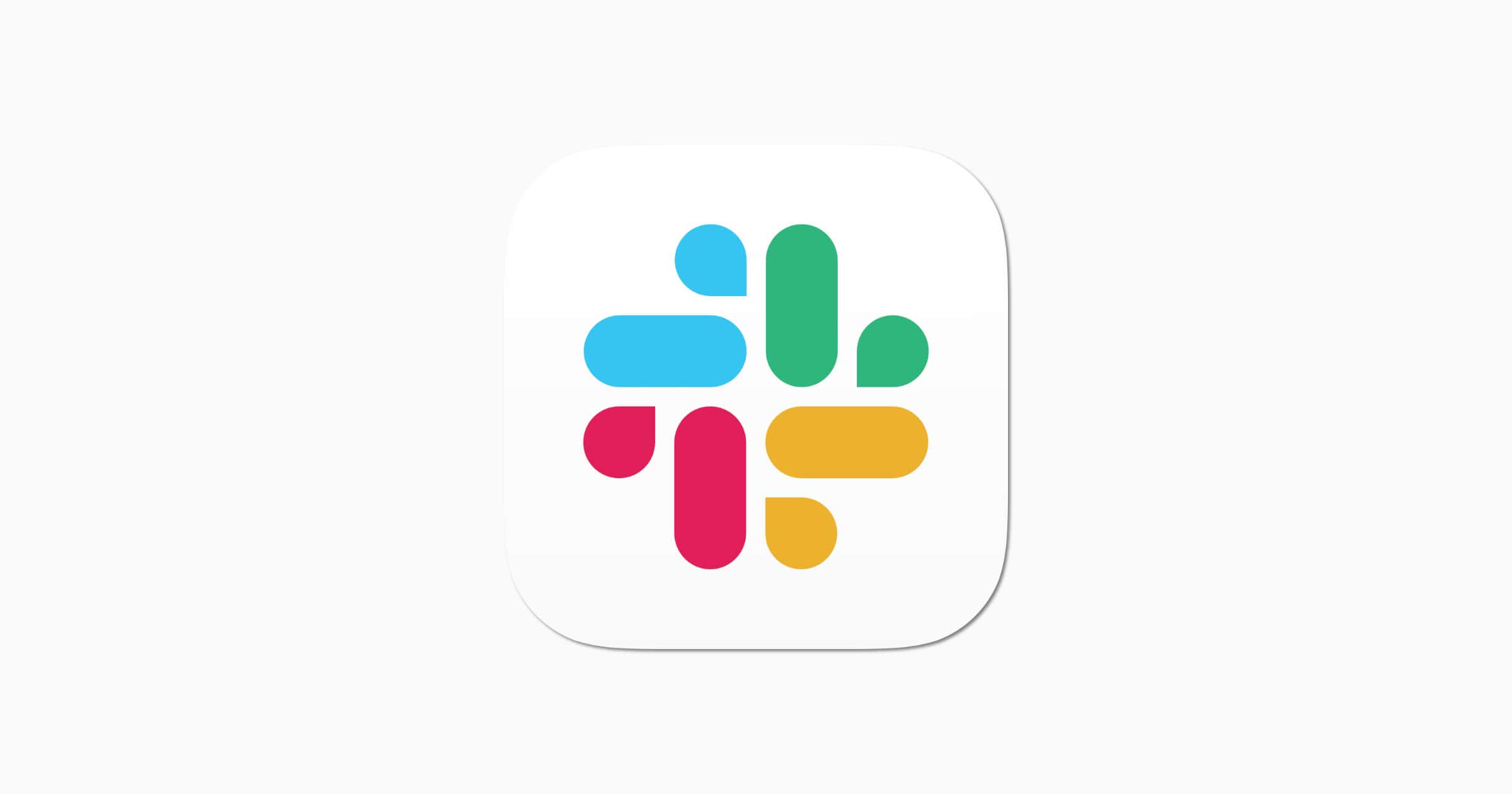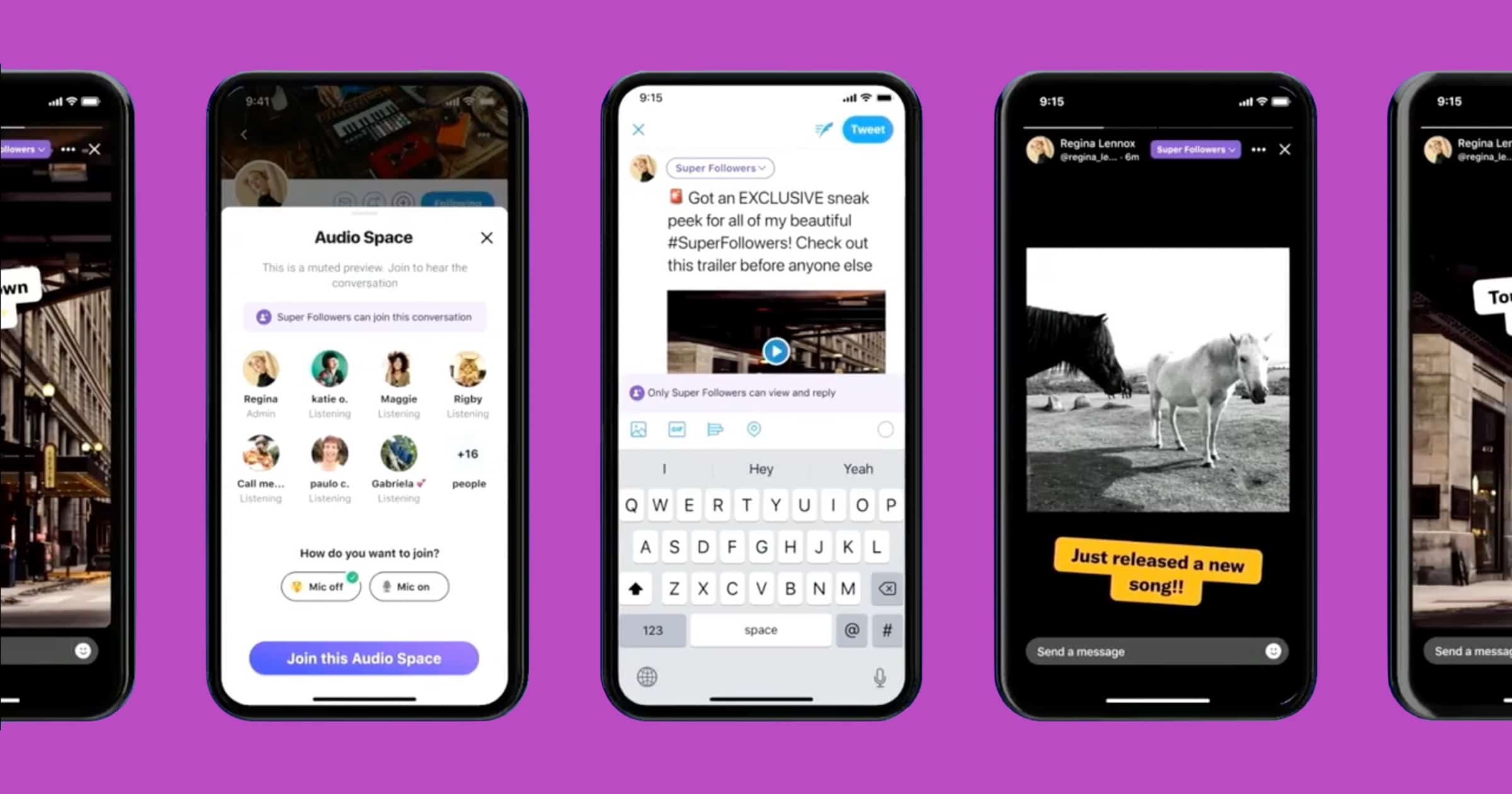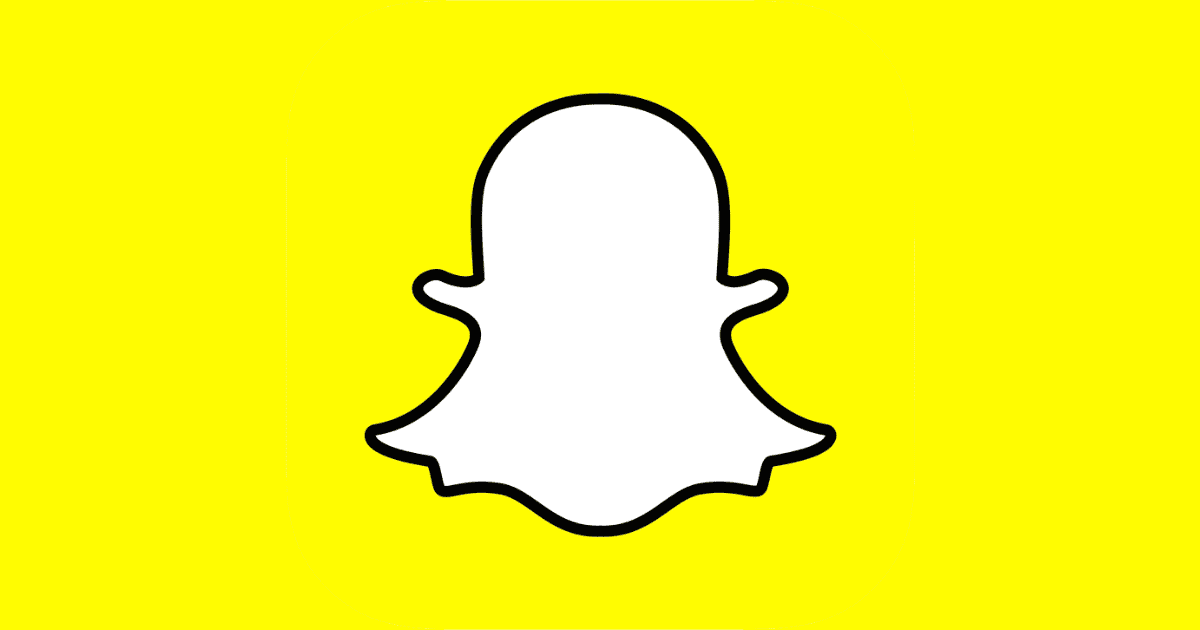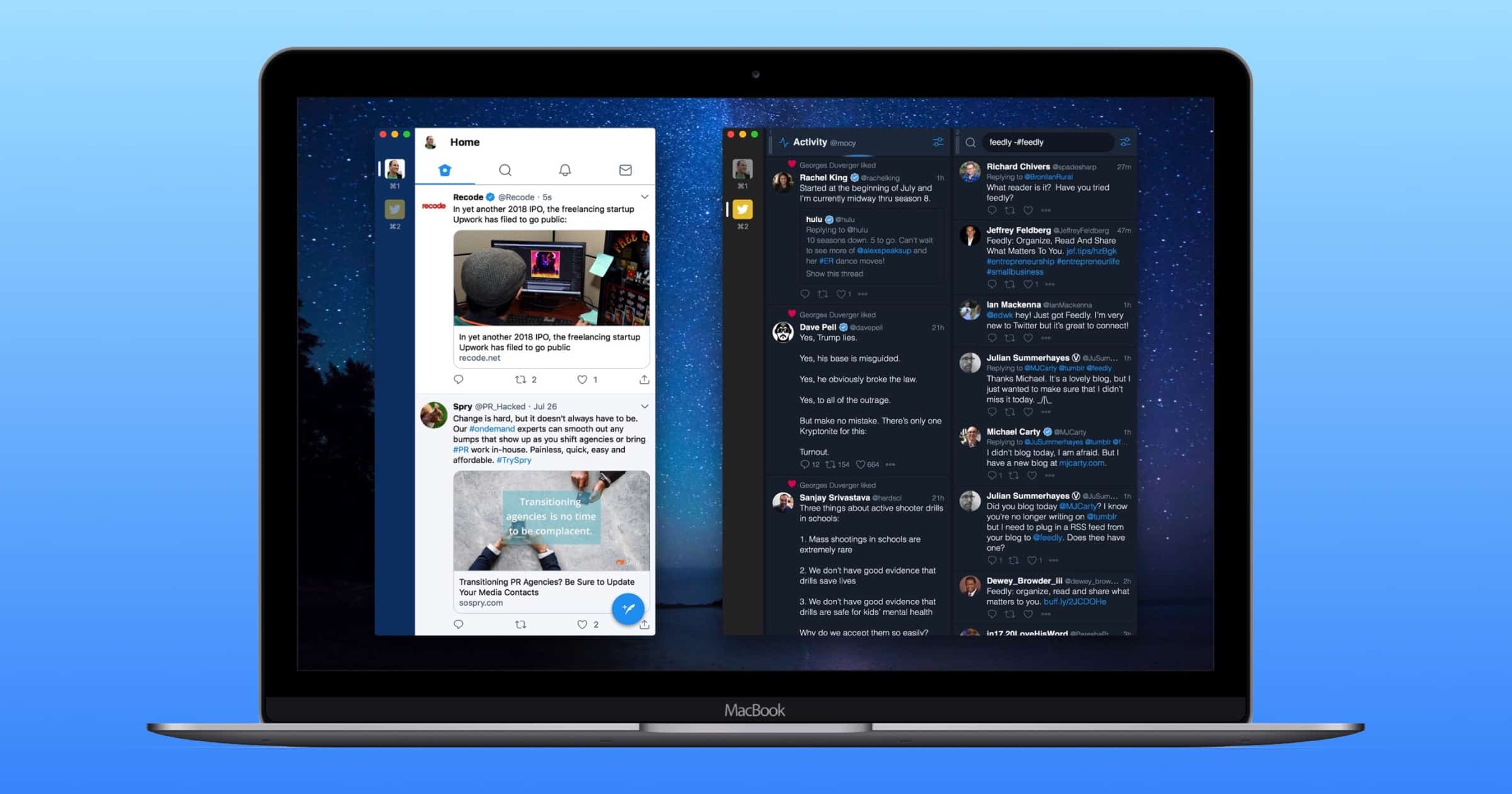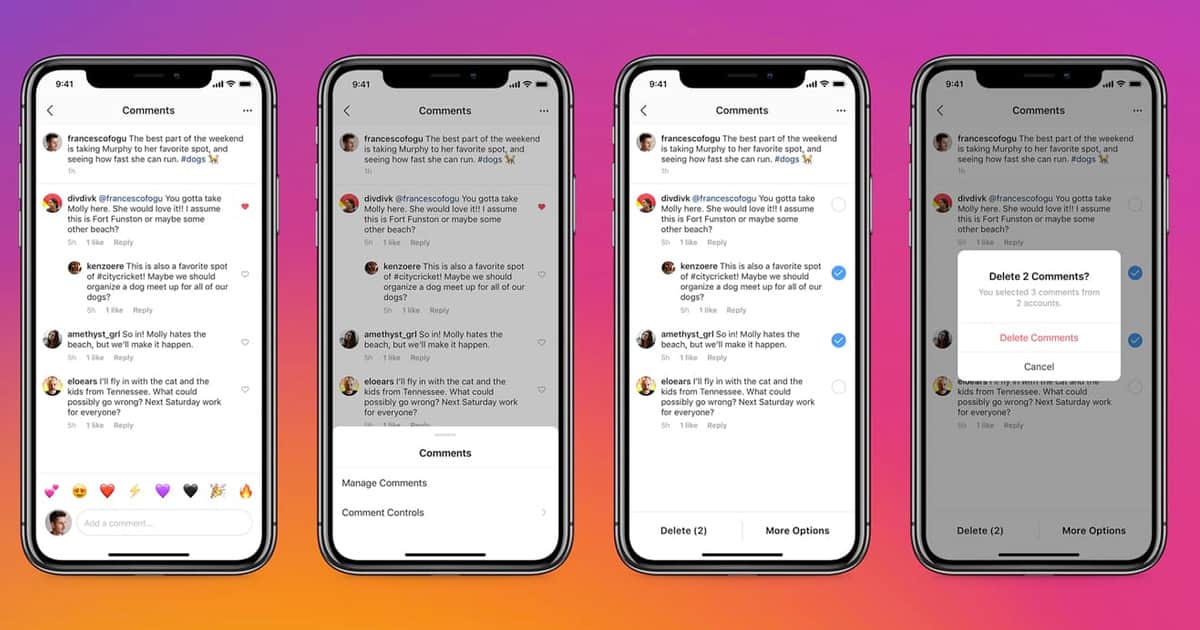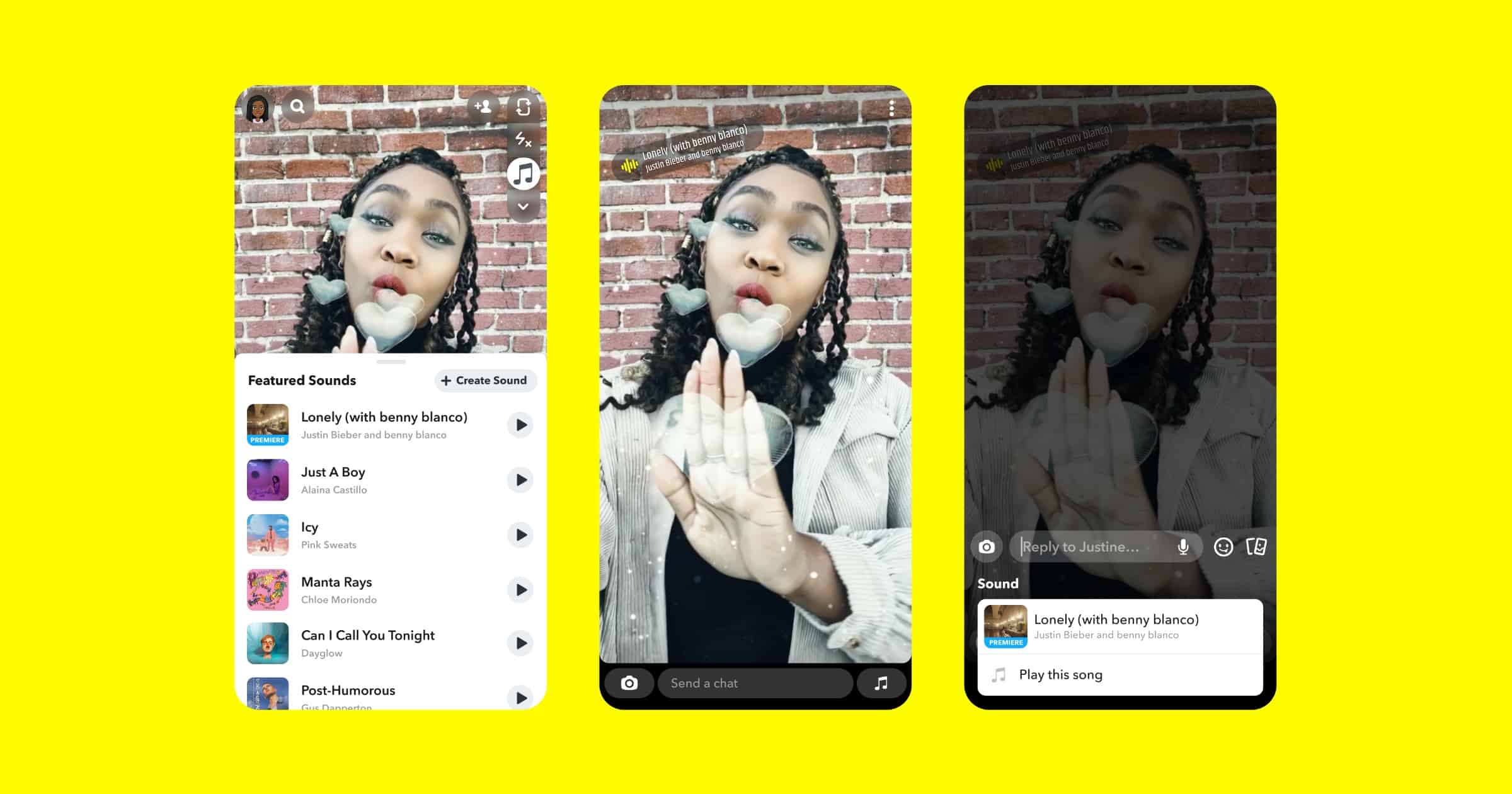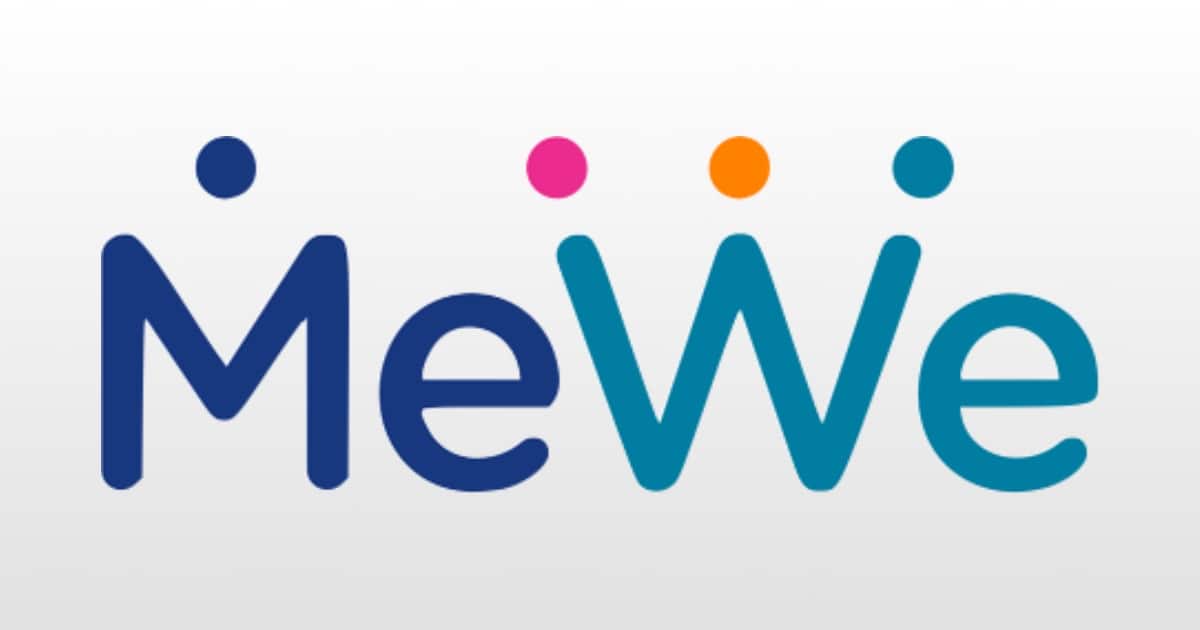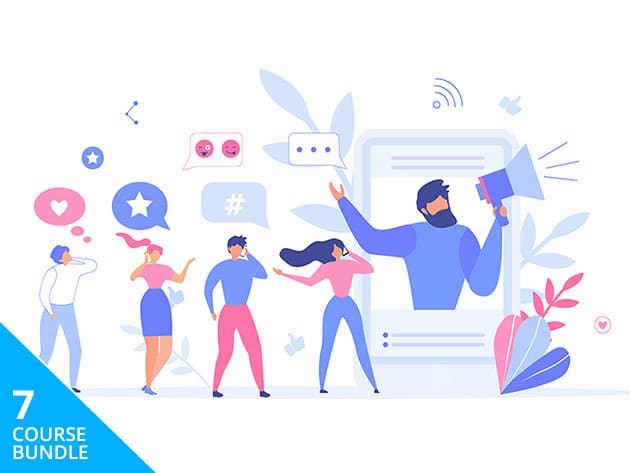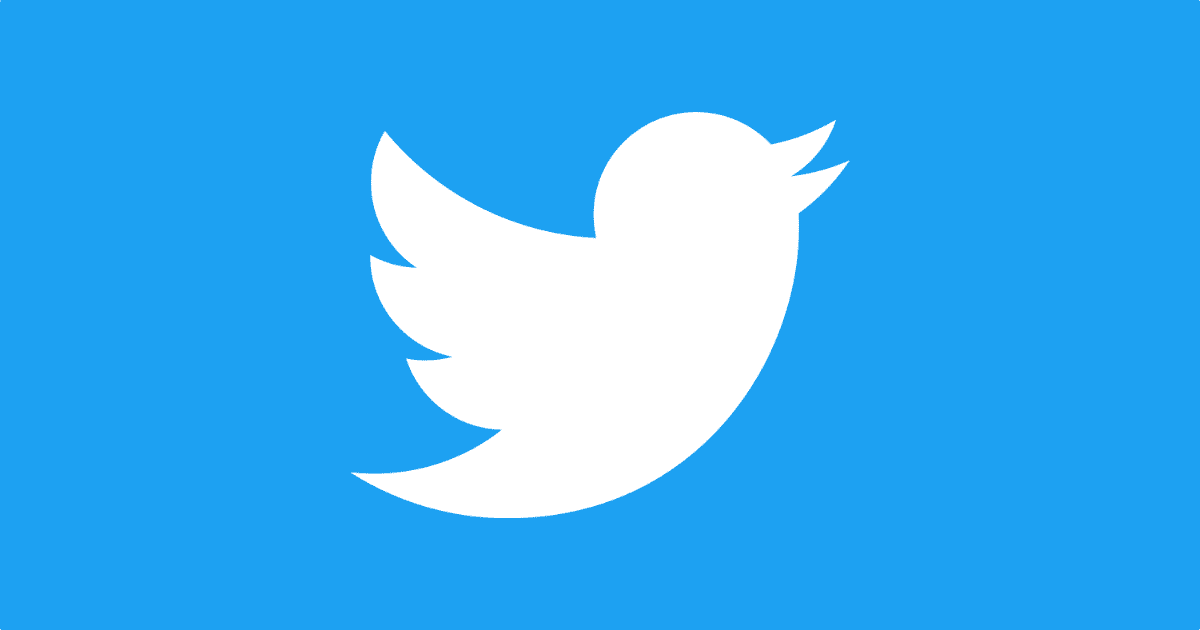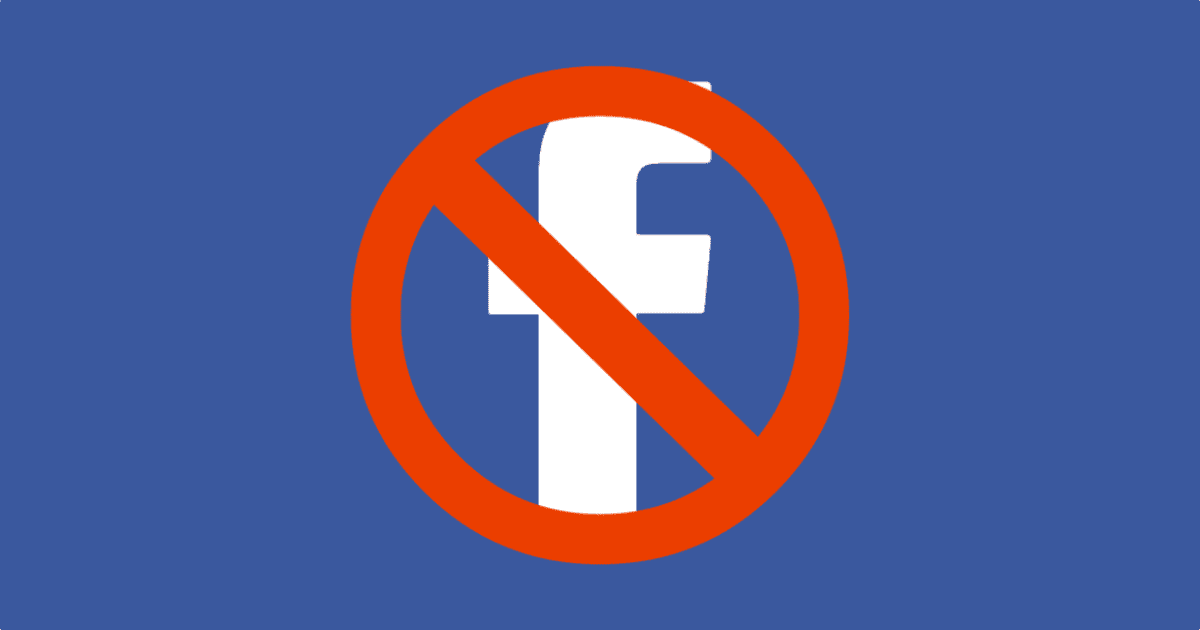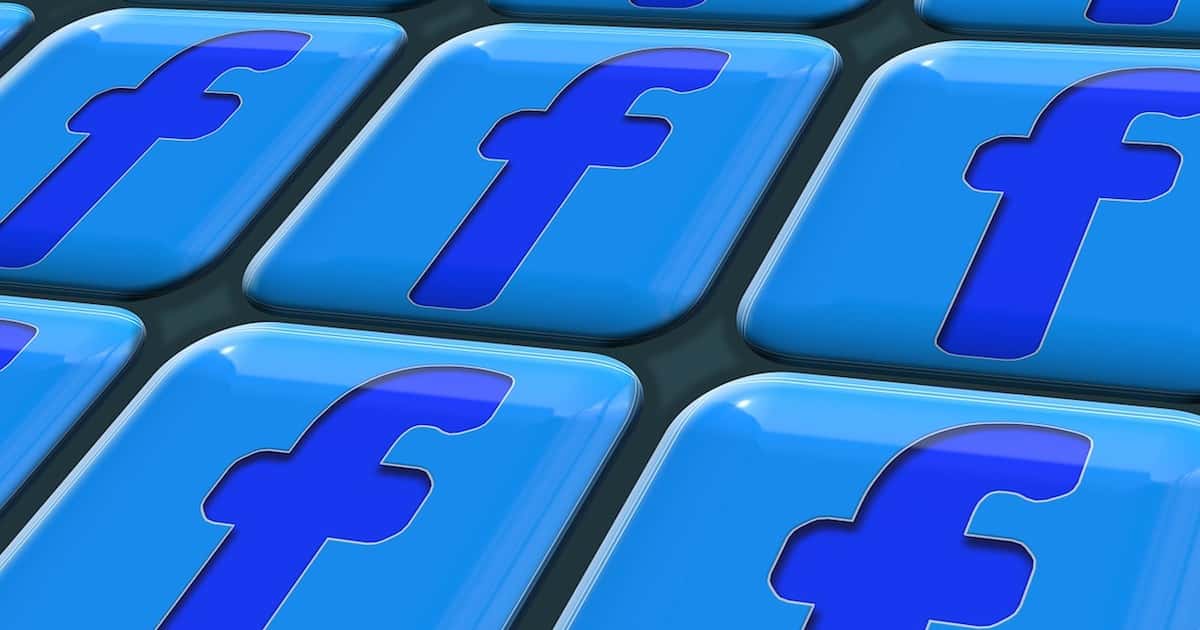Discord has reversed its decision to block NSFW content for its iOS app. Now it only applies to certain servers.
Social Media
Apple Lets Social Media Platform ‘Parler’ Back in App Store
In a letter sent to Congress on Monday, Apple says it will allow Parler into the App Store again after improvements were made.
This Judge Wants Platforms like Twitter to be Treated as Utilities
Justice Clarence Thomas wrote an argument for the Supreme Court on why digital platforms should be regulated as utilities.
Stories and Audio Messages are Slack’s Next Goals
Slack wants audio messsages to be its next feature and it’s currently testing them in beta. It also wants to bring Snapchat-like stories to the platform.
Butterfield said that a feature for leaving audio messages, similar to a function available in messaging apps like Telegram, was available in a beta test. He also said that Slack would soon offer a feature akin to the audio-chat app Clubhouse, which allows users to drop into rooms for conversations without requiring scheduling a meeting or initiating a call.
TikTok Settles Class Action Lawsuit for $92 Million
TikTok has agreed to a US$92 million settlement over a class action lawsuit alleging the app illegally tracked and shared data from its underage users.
Twitter Announces ‘Super Follows’ and Communities
Twitter announced a couple of features on Thursday that will arrive in the future and change the nature of its platform.
The payment feature, called Super Follows, will allow Twitter users to charge followers and give them access to extra content. That could be bonus tweets, access to a community group, subscription to a newsletter, or a badge indicating your support.
Twitter also announced a new feature called Communities, which appear to be its take on something like Facebook Groups. People can create and join groups around specific interests — like cats or plants, Twitter suggests — allowing them to see more tweets focused on those topics.
Why Are All The Companies Copying Snapchat?
As Arielle Pardes points out, you’d think some of the tech companies were merging with the amount of features they’re copying from one another. This market is so free you guys.
Does your head hurt? Mine does, as do my thumbs, which now have three times as many platforms to scroll for short-form and ephemeral videos. I am overwhelmed with content and underwhelmed by features—at least until the next big thing comes along, and everyone lunges to copy that.
I have definitely noticed this when it comes to Facebook, if only because I don’t like Facebook. They’ve copied all they could from Snapchat. In my opinion, Mark Zuckerberg wants Facebook to be as ubiquitous as WeChat is in China. All interactions, all commerce must flow through Facebook because Mark Zuckerberg can’t conceive of a different business model. Or, he can conceive but he doesn’t care. Why should he? We reward him by using his services.
Twitter Client ‘Tweetbot’ Supports M1 Macs, macOS Big Sur
Tweetbot is a popular client for Twitter and the team recently updated it to support M1 Macs and macOS Big Sur.
Next year Debt Collectors Can Message You Through Text, Facebook
The Consumer Financial Protection Bureau issued a rule last week that lets debt collectors reach you through new communication channels.
Instagram’s “Unlink Account” Feature is Deceiving
Instagram’s Unlink Account feature is deceiving, at least when it comes to Facebook. Since Instagram is a Facebook company your two accounts will forever be connected.
That’s because the wealth of data that Facebook collects through its multiple services is more than enough to properly identify users’ various accounts and link them to one another. Even in cases where a different name, email address, or device was used to create each account—be it a throwaway WhatsApp profile, stalker Instagram account, or joke Facebook profile—Facebook often is able to suss out who is actually behind the account and whether they have accounts on other Facebook-owned apps.
Snapchat Competes With TikTok and Launches ‘Sounds’
Snapchat launched a new feature on Thursday called Sounds. It lets users add song clips to their snaps and stories, and it’s currently only available in the iOS app.
With Sounds on Snapchat, users of the iOS app worldwide can add music to their Snaps (pre- or post-capture) from a curated catalog of music. Snapchatters can add music before recording video by selecting the Sounds tool (with the music notes icon) on the right-hand side of the Camera screen and choosing a track from the Featured Sounds list. Alternately, they can select a track from the Sounds tool after taking a Snap.
Private Social Network ‘MeWe’ Takes on Snapchat Stories
A private social network Andrew reviewed before is MeWe, and it just announced a featured called Journals for its premium subscription.
Former AAPL Exec Joanna Hoffman Speaks about Anger On Facebook
Is the rise of anger on Facebook something the social media giant encourages? Former AAPL exec Joanna Hoffman is afraid it might be.
The 2020 Social Media Marketing Bootcamp Certification Bundle: $29.99
We have a deal on the 2020 Social Media Marketing Bootcamp Certification Bundle, a 7-course training program covering social media in general, as well as FaceBook, Instagram, Twitter, and LinkedIn. It includes 34 hours of content and hundreds of lessons, and it’s $29.99 through our deal.
The Become a Social Media Manager Certification Bundle: $28.98
We have a deal on the Become a Social Media Manager Certification Bundle, a collection of 7 different tutorials focused on social media management. Instagram Marketing for Newbies & Small Business, LinkedIn Marketing: Build a Brand & Generate Leads, Blogging For Business: Triple Your Traffic Without Paid Ads, and four more tutorials are included. There are 223 different lessons and 18 hours of content in this bundle, all for $28.98.
Twitter Took Away Your Ability to Stop Sharing Data With Advertisers
Twitter had a feature that users could enable that stopped the company from sharing certain data with advertisers. That feature is now gone.
An option in Twitter’s privacy settings called “Share your data with Twitter’s business partners” used to let you disable sharing of this information. That setting still exists, but Twitter now says it has removed your control over “mobile app advertising measurements.” Disabling the setting can still prevent sharing of other information, such as your interests. Other Twitter privacy settings, like disabling web tracking, are still available. Twitter will not share your name, email address, phone number, or username.
Social Media Platform ‘MeWe’ Launches Dual-Camera Videos
MeWe, which presents itself as a privacy social network, launched dual-camera videos and a new feature called MeWe Stories.
Twitter Tests Tweets That Disappear After 24 Hours
Twitter is testing a new feature called “fleets” which are tweets that disappear after 24 hours.
According to Twitter, an initial survey of users showed they would be more comfortable “sharing everyday thoughts” if they disappear after 24 hours.
Like tweets, Twitter fleets are based primarily on text, but you also can include videos, GIFs or photos in them. Users’ fleets will appear at the top of their home page and visible to their followers. Other users can reply to a fleet via private direct message or with an emoji.
It sounds like a good idea on the surface, but given that Twitter is a dumpster fire, you can imagine hateful tweets, political lies, etc. all disappearing from the public record. Of course, people can just screenshot them.
Twitter Tests Fake News Warning System
Twitter is testing a fake news warning system on its platform. Bright labels will appear under tweets with misinformation.
Twitter confirmed that the leaked demo, which was accessible on a publicly available site, is one possible iteration of a new policy to target misinformation it plans to roll out March 5.
In this version, disinformation or misleading information posted by public figures will be corrected directly beneath the tweet by fact-checkers and journalists who are verified on the platform, and possibly other users who will participate in a new “community reports” feature, which the demo claims is “like Wikipedia.”
I could see “community reports” abused by Twitter trolls mass-reporting anything they disagree with as fake news. Hopefully Twitter builds a good system.
Snapchat’s ‘Here For You’ Promotes Mental Health
Snapchat has a new tool called Here For You. Whenever the app detects you’ve searched for topics like “depression” it will present Here For You with mental health content written by experts.
“Sometimes people come in and search for this kind of content, be it anxiety or depression,” says Jen Stout, vice president of global policy at Snap. “Instead of being served up maybe nothing, or meme accounts, or something like that, we’re looking for a healthy alternative to provide young people with tools that would be readily available in the app.”
It’s nice to hear about a company doing something good for a change. It seems like it happens all too rarely.
CERN Replaces Facebook Workplace With Open Source
CERN is ending its trial of Facebook Workplace and replacing it with open source alternatives, like Mattermost and Discourse.
Facebook Workplace is Facebook’s corporate-focused product for internal real-time communication and related communication needs within organizations. CERN had been making use of Facebook Workplace and in addition to data privacy concerns, they were recently confronted with either paying Facebook or losing administrative rights, no more single sign-on access, and Facebook having access to their internal data. But now they have assembled their own set of software packages to fill the void by abandoning Facebook Workplace.
I hope to see more of this. Facebook is the Fox News of social media. Like The Mac Observer’s editor-in-chief Bryan Chaffin says: “Death by a thousand paper cuts.”
CES 2020: Twitter’s New ‘Conversation Participants’ Feature
Twitter’s director of product management Suzanne Xie announced a feature coming later this year called Conversation Participants.
Private Social Network MeWe Gets More Premium Features
MeWe is a private social network I’ve reviewed before, and the company announced some new premium features today.
How Social Media Warps Democracy
Here’s a long read to put on your list as you head into the weekend. It examines social media and its impact on democracy and our psyche.
The problem may not be connectivity itself but rather the way social media turns so much communication into a public performance. We often think of communication as a two-way street. Intimacy builds as partners take turns, laugh at each other’s jokes, and make reciprocal disclosures. What happens, though, when grandstands are erected along both sides of that street and then filled with friends, acquaintances, rivals, and strangers, all passing judgment and offering commentary?
